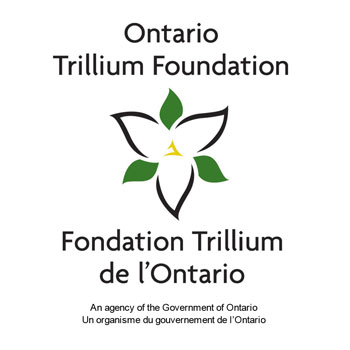What is FASD?
FASD (Fetal Alcohol Spectrum Disorder) is a diagnostic term used to describe the impacts on the brain and body of individuals prenatally exposed to alcohol. FASD is a life-long neurodevelopmental disorder that causes mild to severe impairment in physical, cognitive, sensory, and behavioural development. As a result, individuals diagnosed with FASD experience unique and complex challenges in all stages of life. It is sometimes characterized as an invisible disability.
What are the signs and symptoms of FASD?
While FASD is a spectrum disorder so every person with FASD is unique and individualized, there are some common characteristics which may exist. The CanFASD database shows that only 14% of individuals with FASD will have all the physical characteristics listed and are usually invisible to the general public.
Caregiver Fatigue
With over 50% of all medical care being provided by the unpaid caregiver in Ontario, our entire health care system is now dependent on the caregiver. Because individuals with FASD require constant care and supervision, caregiver fatigue is being seen at higher levels than ever before. Self-care and FASD-informed respite are vital elements for managing caregiver fatigue. The signs of caregiver fatigue can include:
- You have much less energy than you once had.
- It seems like you catch every cold or bout of flu that’s going around.
- You’re constantly exhausted, even after sleeping or taking a break.
- You neglect your own needs, either because you’re too busy or you don’t care anymore.
- Your life revolves around caregiving, but it gives you little satisfaction.
- You have trouble relaxing, even when help is available.
- You’re increasingly impatient and irritable with the person you’re caring for.
- You feel helpless and hopeless
If you or others see you may be experiencing burnout, please see your health professional. It is also suggested becoming empowered, feeling appreciated, asking for help, giving yourself a break, looking after your own health and connecting with a support group could help as well.









